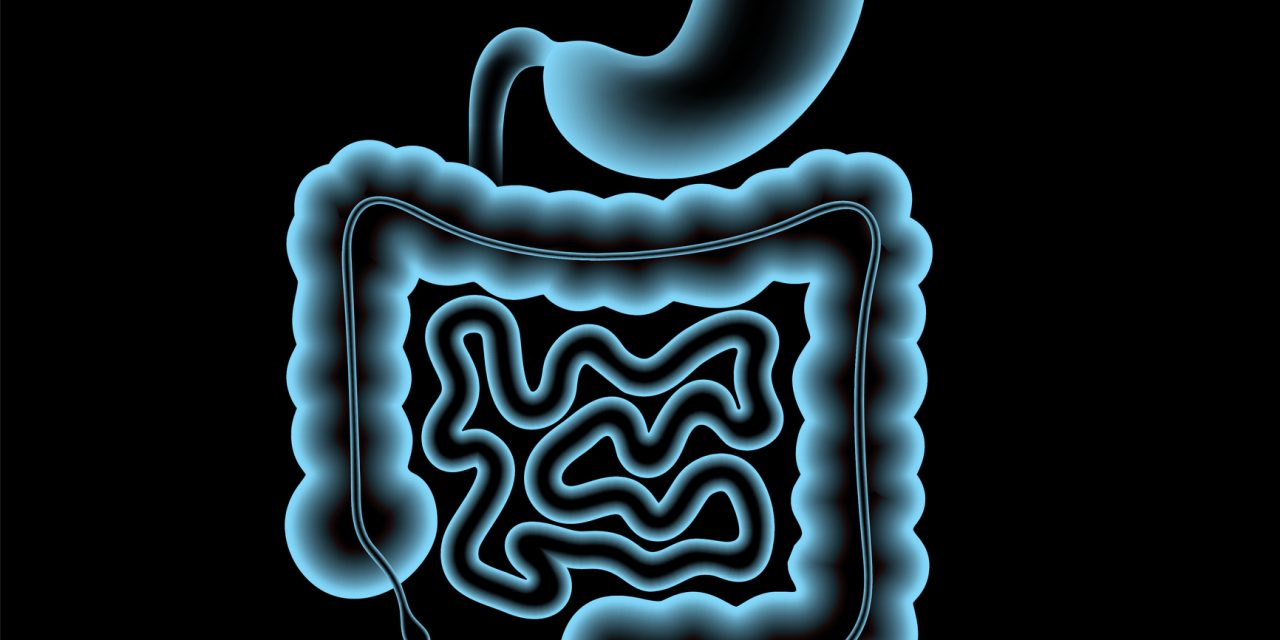To develop and validate a nebulizer device for anti-cancer research on pressurized intraperitoneal aerosol supply in a preclinical peritoneal metastases (PM) rat model.
For aerosol generation, an ultrasonic nebulizer (USN) was modified. Aerosol analyses were performed ex-vivo by laser diffraction spectrometry (LDS). Intraperitoneal (IP) technetium sodium pertechnetate (Tc) aerosol distribution and deposition were quantified by in-vivo single photon emission computed tomography (SPECT/CT) and compared to liquid IP instillation of equivalent volume/doses of Tc with and without capnoperitoneum. PM was induced by IP injection of HCT116-Luc2 human colon cancer cells in immunosuppressed RNU rats. Tumor growth was monitored by bioluminescence imaging (BLI), F-FDG positron emission tomography (PET) and tissues examination at necropsy.
The USN was able to establish a stable and reproducible capnoperitoneum at a pressure of 8 to 10 mmHg. LDS showed that the USN provides a polydisperse and monomodal aerosol with a volume-weighted diameter of 2.6 μm. At a CO flow rate of 2 L/min with an IP residence time of 3.9 s, the highest drug deposition efficiency was found to be 15 wt.-%. In comparison to liquid instillation, nebulization showed the most homogeneous IP spatial drug deposition. Compared to BLI, F-FDG-PET was more sensitive to detect smaller PM nodules measuring only 1-2 mm in diameter. BLI, F-FDG PET and necropsy analyses showed relevant PM in all animals.
The USN together with the PM rat model are suitable for robust and species-specific preclinical pharmacological studies regarding intraperitoneal delivery of pressurized aerosolized drugs and cancer research.
© 2022. The Author(s).
Development and technical validation of an ultrasound nebulizer to deliver intraperitoneal pressurized aerosols in a rat colon cancer peritoneal metastases model.


